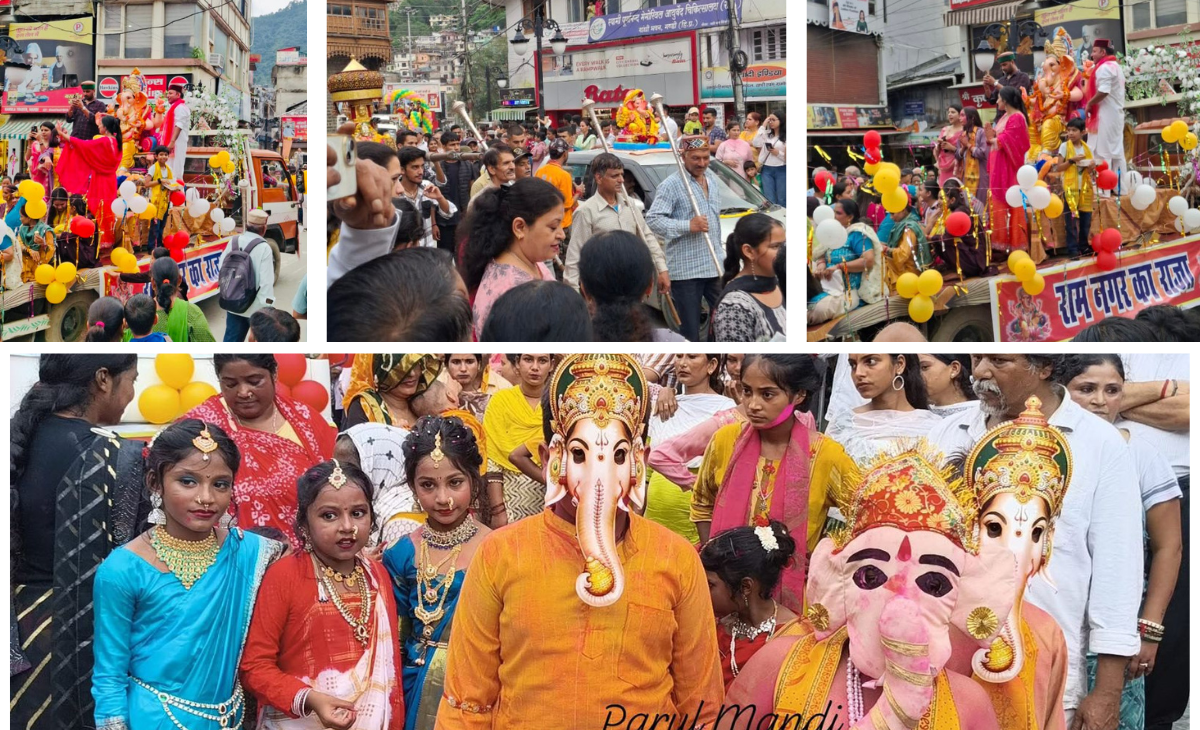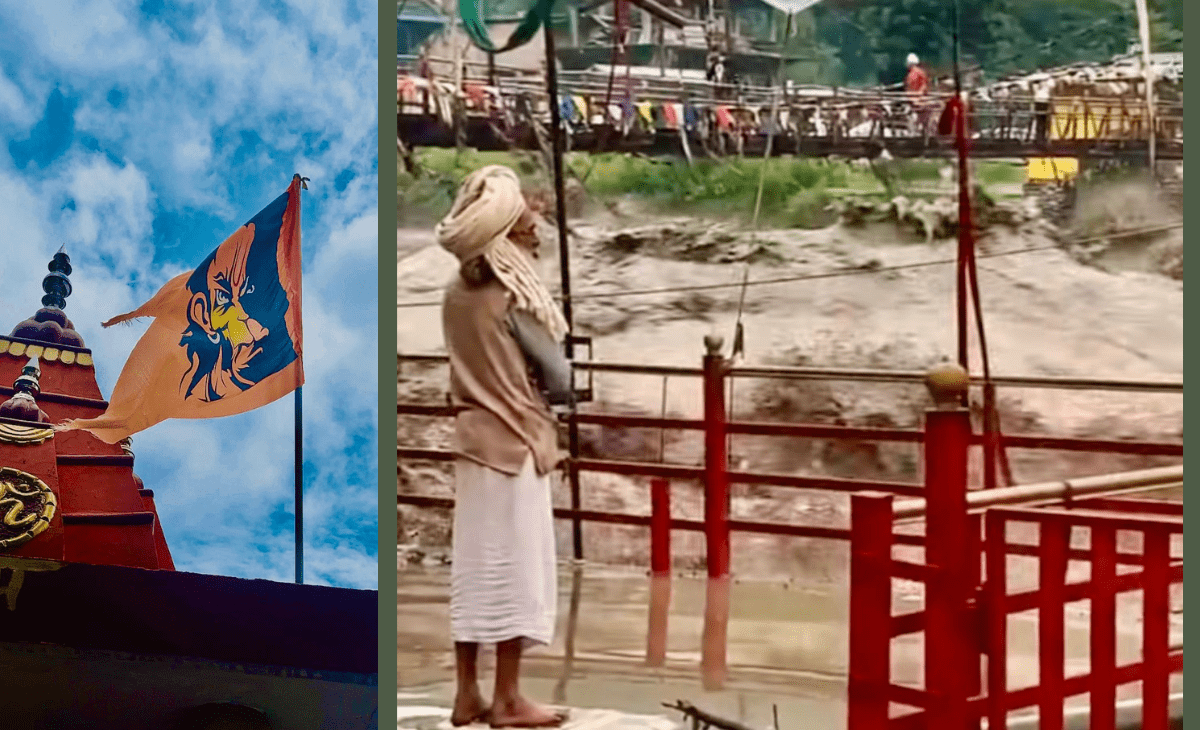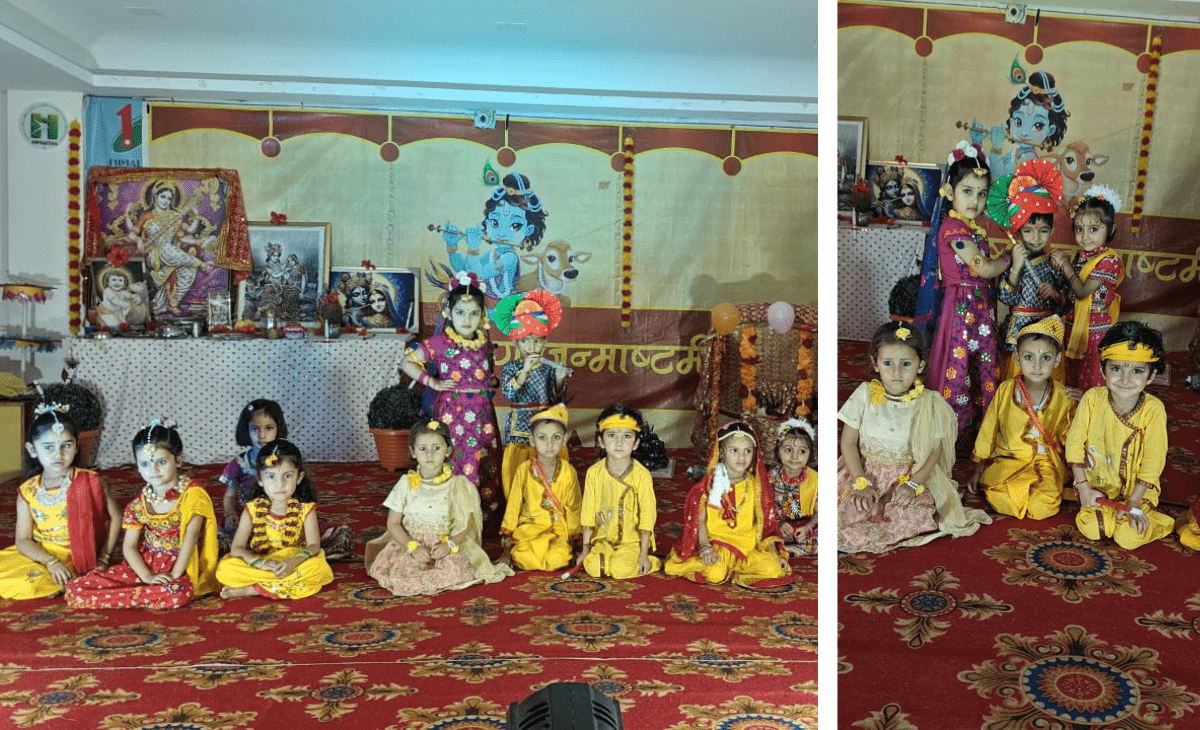In Hindu mythology, Parashurama, the sixth avatar of Lord Vishnu, is revered as a symbol of justice, balance, and the destruction of evil. Born to Jamadagni Rishi and his Kshatriya wife Renuka, Parashurama was foretold to appear at a time when overwhelming evil prevailed on earth.
The Mission to Restore Balance
According to legend, Parashurama was advised by Lord Shiva to liberate the earth from felons, extremists, and those blind with pride. The Kshatriya class, with their power and weapons, had begun to abuse their authority, taking what belonged to others by force and tyrannizing the people. Parashurama corrected the cosmic equilibrium by destroying these Kshatriyas twenty-one times.
A Complex Figure
Parashurama is a complex figure, revered for his bravery, wisdom, and devotion. He is described as one of the seven Chiranjivis (Immortals) who will appear at the end of the Kali Yuga to be the guru of Vishnu’s tenth and last incarnation, Kalki. In the epic Ramayana, he arrives after Sita Swayamvara, and in the Mahabharata, he is the guru of Bhishma, Drona, Rukmi, and Karna.
The Story of the Celestial Cow
The Srimad Bhagwatam states that Parashurama’s family possessed a celestial cow called Surabhi, which granted them all their desires. However, a king named Kartavirya Arjuna coveted the cow and took it by force, killing Jamadagni when he refused to give it up. Parashurama avenged his father’s death, defeating and killing the king.
Legacy and Significance
Parashurama’s legacy extends beyond his military conquests. He is said to have granted the earth to principal rishis belonging to the Brahmin class and later retired to the hermitage of Nara-Narayana to engage in penance. His abode is the Mahendra mountain, where he is believed to have worshipped Shiva.
The Parashurama avatar symbolizes the strict and non-relinquishing aspect of showing mercy, where harsh measures are necessary for the well-being of the world. His story continues to inspire and fascinate people, offering insights into the complexities of human nature and the importance of balance and justice.
Historical Significance
The Bhumihar caste of eastern Uttar Pradesh and Bihar claim to be descendants of Parashurama, citing his Brahmin heritage and warrior-like traits. The legend of Parashurama has also been linked to various geographical locations, including the hills of Janapav in Jharkhand, where a Shiva temple marks his alleged worship of Shiva.
The story of Parashurama remains an integral part of Hindu mythology, offering a nuanced understanding of the complexities of human nature and the importance of justice and balance in the world.
Alka Shukla












